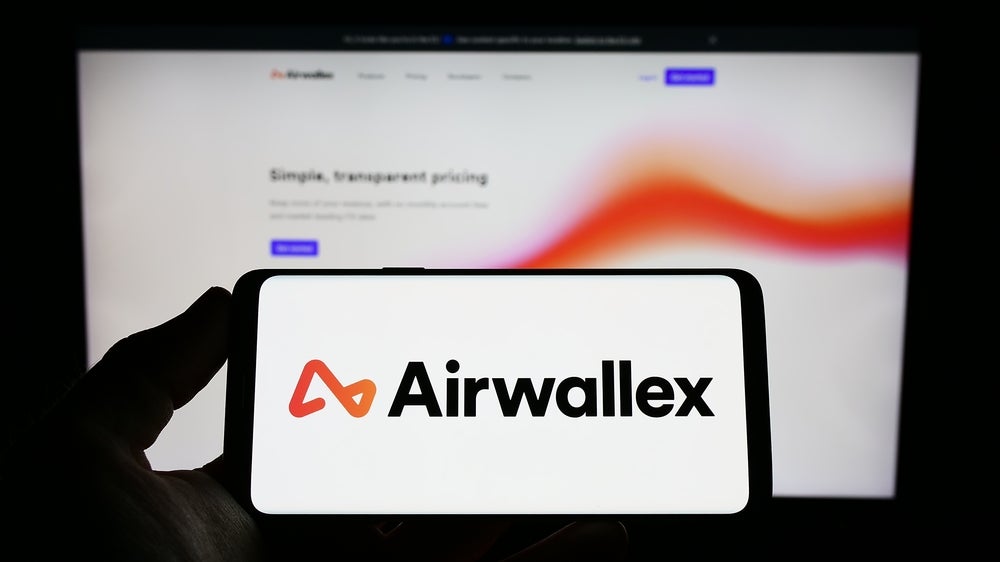The proliferation of financial technology has led to growing financial inclusion among consumers, with access to digital financial services expanding exponentially in recent decades. However, while big strides have been made, access to financial services and banking remains a privilege for vast populations across the globe. As societal issues evolve, tackling the challenge of financial inclusion will require the delivery of technology solutions more tailored to the particular needs of specific users.
The data speaks for itself. In emerging economies, nearly a billion and a half consumers are still living without access to formal savings, loans and credit. At the same time, new challenges are emerging. In some developed countries, as digital payments and online banking become staples, the threat posed by online financial crime and fraud to businesses and consumers is growing at a rapid pace.
Our own experience in the industry has taught us two important lessons. One is that the financial inclusion challenge is fast-evolving and asymmetric, developing based upon regional factors and local needs. Another is that a one-size fits all approach to improving access to financial services doesn’t work in modern times.
Barriers to inclusion evolve asymmetrically
Financial inclusion comes in many forms, but, ultimately, it has the power to enable more people to access financial services and creates opportunities for consumers to save, borrow, purchase and support others. For those who don’t have access to financial services, the costs are high, reducing life opportunities.
While the definition hasn’t changed, the challenges have evolved. In the EU, studies show that more than 13 million adult citizens still lack access to formal financial services, leaving up to 30% of some populations unbanked. There is also evidence that the Covid-19 pandemic exacerbated inequalities, as large parts of the population rapidly adopted digital solutions while others remained behind.
In emerging economies in the Latin American region, significant progress has been made to improve financial inclusion. In Brazil, 4.6 million adults lack access to a bank account, down from 16.3 million in 2021, and The World Economic Forum estimates that 85% of Brazilians now have access to financial services.
How well do you really know your competitors?
Access the most comprehensive Company Profiles on the market, powered by GlobalData. Save hours of research. Gain competitive edge.

Thank you!
Your download email will arrive shortly
Not ready to buy yet? Download a free sample
We are confident about the unique quality of our Company Profiles. However, we want you to make the most beneficial decision for your business, so we offer a free sample that you can download by submitting the below form
By GlobalDataDespite this improvement, new risks have emerged with fraud and financial crime becoming an increasing challenge for Brazil. A report from 2023 found that nearly 2% of all digital transactions in the country’s financial system had criminal intent. This translates to approximately 365 million attempted scams in digital financial channels alone during the reported time frame.
While some sceptics might claim we’re going two steps forward and one step back, it is becoming crystal clear that financial inclusion challenges are evolving quickly and becoming more nuanced.
Go bespoke to enable true inclusion
As societal challenges evolve, the payment industry as a whole needs to be more creative in how it tackles the challenge of financial inclusion.
At Fiserv, we saw this play out in Poland with the arrival of displaced people following Russia’s invasion of Ukraine. With 1.5 million Ukrainian refugees arriving since the start of the war, and two million Ukrainians already living in Poland, many were using cash predominantly and had to make cash deposits via a retail payment terminal, which was time intensive and resource intensive for the merchants accepting these deposits via their terminals.
To overcome this, we built Polcard Cash2Card, a solution that allows customers to self-register whenever they want, in a safe, digital fashion. This bespoke app makes the normally cumbersome anti-money laundering (AML) and know-your-customer (KYC) process far easier and more convenient for both the depositor and the merchant.
Ukrainian and Polish citizens can now deposit money in their bank accounts in approximately 12,000 stores all over Poland. For merchants, this also opens up a new market opportunity, driving traffic in their stores through the addition of cash deposit services.
This project showed us the importance of targeted efforts and initiatives to improve financial inclusion, and how challenges are often more nuanced than first meets the eye.
The industry’s role in shaping the future of inclusion
Around the world, governments and businesses alike are increasingly focused on ways to foster greater financial inclusion. Technology is having a big impact with new innovations playing an important role in helping disadvantaged consumers enter formal banking systems. Creating opportunities for inclusion is not only good for the consumers, but also for the merchants who benefit from new customers and the governments that support these underserved communities.
It’s important to remember that past performance won’t dictate future success. While progress has been made, it is vital that we do not drop the ball on the challenge of financial inclusion. Problems are becoming more regional and nuanced which demands a creative, strategic approach to overcoming these issues. With continual innovation targeted to serve the needs of specific populations, we can further financial inclusion and improve people’s day-to-day lives while positively impacting communities around the world.
Peter O’Halloran is Head of Enterprise and Digital Commerce EMEA at Fiserv









Related Company Profiles
Fiserv Inc